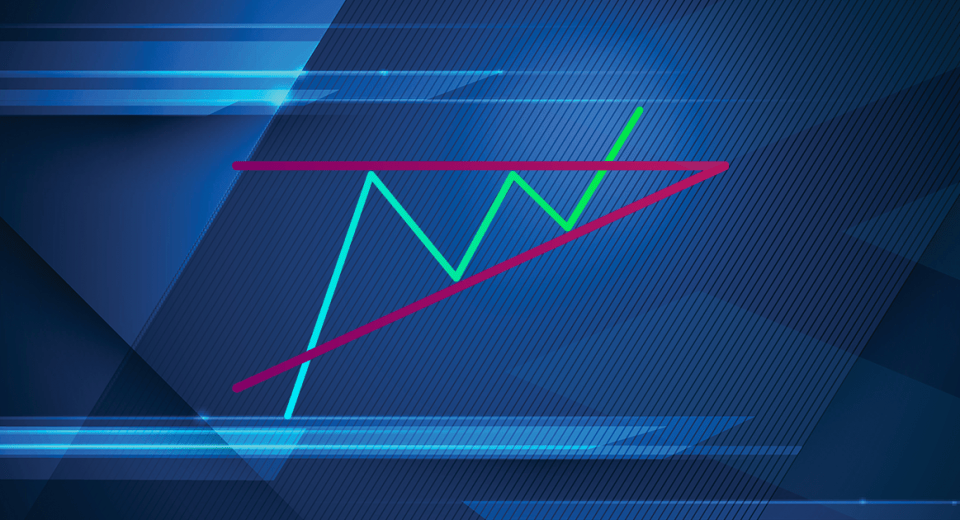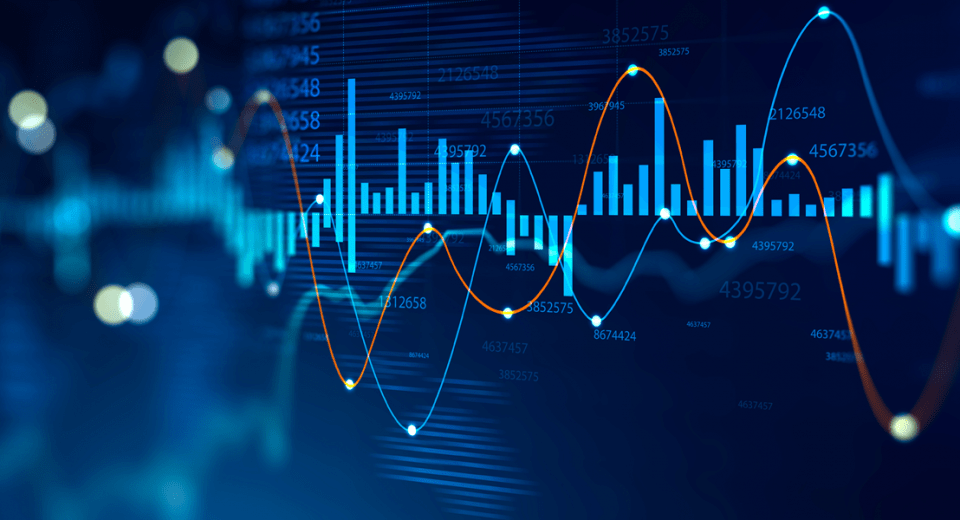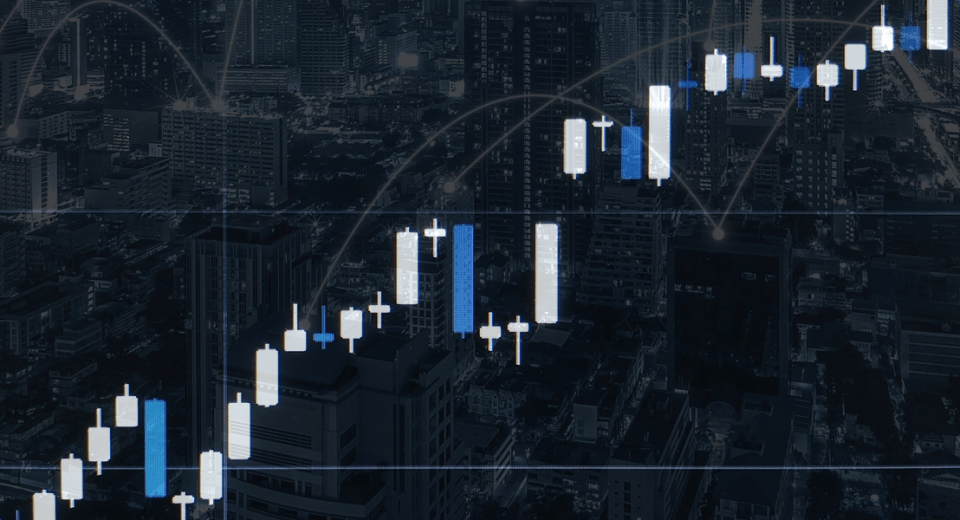The Forex Bank Trading System

The inter-bank market accounts for a huge volume of currency trading. Banks of different sizes trade currencies with each other through electronic networks here. In addition, they carry out forex transactions on behalf of their customers. Although bank traders constitute 5% of the total number of forex traders, they account for 92% of all forex volumes. They do participate in speculative trades from their own trading desks, but the major volume of their trades is for market making.
Therefore, banks are primarily market makers. They move the markets to and from demand and supply areas. Institutional traders like them move significant volumes of money, so large that their positions cannot be completed without an effect on currency prices.
Why Should Traders Learn Bank Trading Strategies?
The forex bank trading system comprises of searching for areas of liquidity in the market, where a price reversal can take place. If traders are able to ascertain these areas of supply and demand, and the directions of trade, then profitable decisions can be made. There are a large number of expert traders who believe that rather than attempting to fit different strategies in this huge market, they would rather learn the way banks trade. After all, banks do control the forex market. These traders believe that following bank trading strategies can increase their chances of success.
How Do Banks Trade Forex?
All the usual rules of trading apply to banks as well. For every transaction to buy there has to be someone interested in selling and vice versa. For banks, these positions are huge, which means that they have to wait for large counterparty offers. In order to do that, they have to keep track of huge buying or selling pressures accumulating over time.
1. Accumulation Periods/Range-Bound Conditions
These are extended periods of price consolidation or what we call range-bound markets. A tight range-bound market allows banks to be discrete about their positions. It also allows them better than average trade opportunities. A long position can be accumulated to be shorted later at escalating prices.
If traders are able to identify these points of accumulation, they can also judge where the market will head in future more accurately. Consolidation phases shouldn’t be discarded as useless. There are many strategies to trade in range-bound markets.
2. Manipulation by Banks
Have you ever entered a position thinking that the market will reverse for an uptrend, only to find yourself stuck in a falling market? False breakouts are often created as a result of a significant push by major banks to create their own markets. Unfortunately, most retail traders follow reactive strategies in retaliation to market movements.
Your forex system generates trade signals after price movements take place. This is “reactive,” rather than “predictive.” Banks could induce short-term manipulation by creating false pushes in directions opposite to the trend. If we observe carefully, we will be able to find the positions they accumulate over time, and not fall into the trap of false buying and selling pressures. This is essentially what supply and demand traders work on. They try to determine the actual direction price will take, which will later qualify as the market trend.
Too Much Technical Analysis
Unlike retail traders, bank traders do not rely on too many technical indicators. Their charts are very clean, and they focus on key levels. Experts say that indicators were mainly created to predict where the markets are going. Here again, there’s a stress on predictive actions to the market, as opposed to reactive. If it’s assumed that bank traders are the market, then it’s important to follow their route to make informed decisions. Understanding their technical analysis will help traders to trade with the market and not against it.
So, remove the endless sea of indicator tools from the charts that cloud the actual price-action. Bank traders arrive at decisions based on economic fundamentals.
1. Economic Data
Disjointed currency directions are a result of political instabilities and countering central bank announcements. In the absence of any political turmoil, central bank policies move in tandem with economic data releases. These are the times when bankers are on the lookout for emerging trends. They have all the right key tools, such as Bloomberg or Reuter’s market terminal, to gain access to real-time financial market developments.
For this, a sound understanding of fundamentals is necessary. This means having knowledge of how various releases affect the market.
2. Having a Sense of Trend and Momentum
Couple of items can help in assessing trend and momentum. For example, candlesticks are good for judging momentum and trend channels, along with medium to long-term EMA, which is great for looking at price trends. The market is full of patterns, and only the reliable and consistent ones should be incorporated.
Bank traders study charts minutely, including monitoring them on daily and weekly timeframes. Charts not only provide specific entry levels, but also help in assessing overall trends and the current momentum.
3. Support and Resistance Levels
Combine trend/momentum and support/resistance levels and you will always find interesting opportunities to trade. It is through these levels that traders can find breakout and price bounce points. Some traders opt for the discretionary way, by waiting for high probability set-ups; others take small but consistent set-ups with smaller edges.
4. Capital Management System
The market is the same for everyone, and even bankers lose money in trades at times. But, they also have stringent risk-management measures that take care of trade plans, risk-reward ratios and capital controls.
For retail traders, the risks are higher due to the presence of margins. Therefore, adequate stop-loss and take-profit orders have to be integrated in the trading plan.
Commercial and investment banks can be considered as the foundation of the forex markets; they are the liquidity providers. Almost every player deals with them, to participate here. They provide real-time forex price quotes to brokers. For this reason, every trader should try to understand the dynamics of inter-bank trading to develop effective strategies.
Disclaimer
If you liked this educational article please consult our Risk Disclosure Notice before starting to trade. Trading leveraged products involves a high level of risk. You may lose more than invested capital. 71% of retail investor accounts lose money when trading CFDs with Blackwell Global Investments (UK) Limited.









